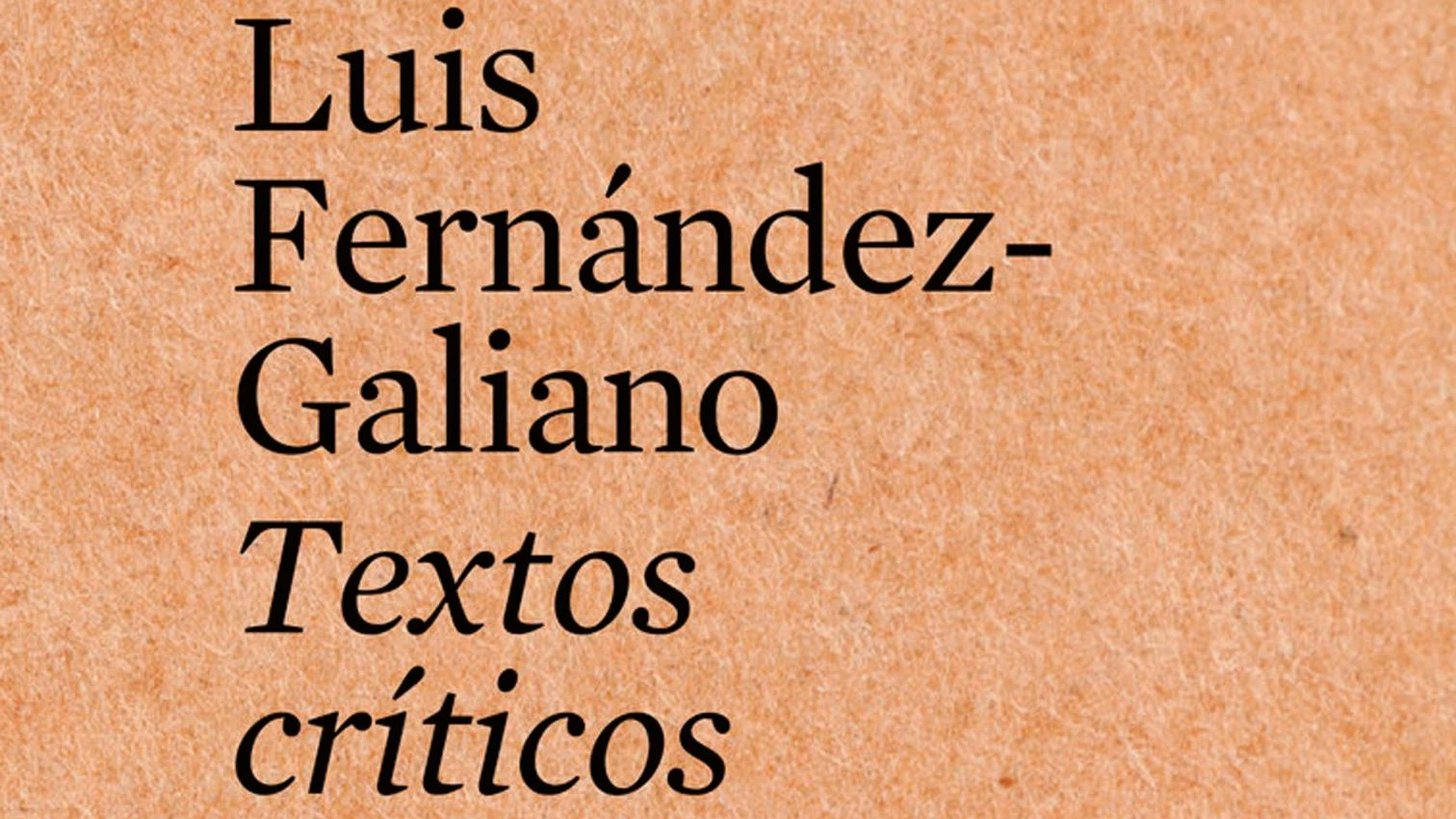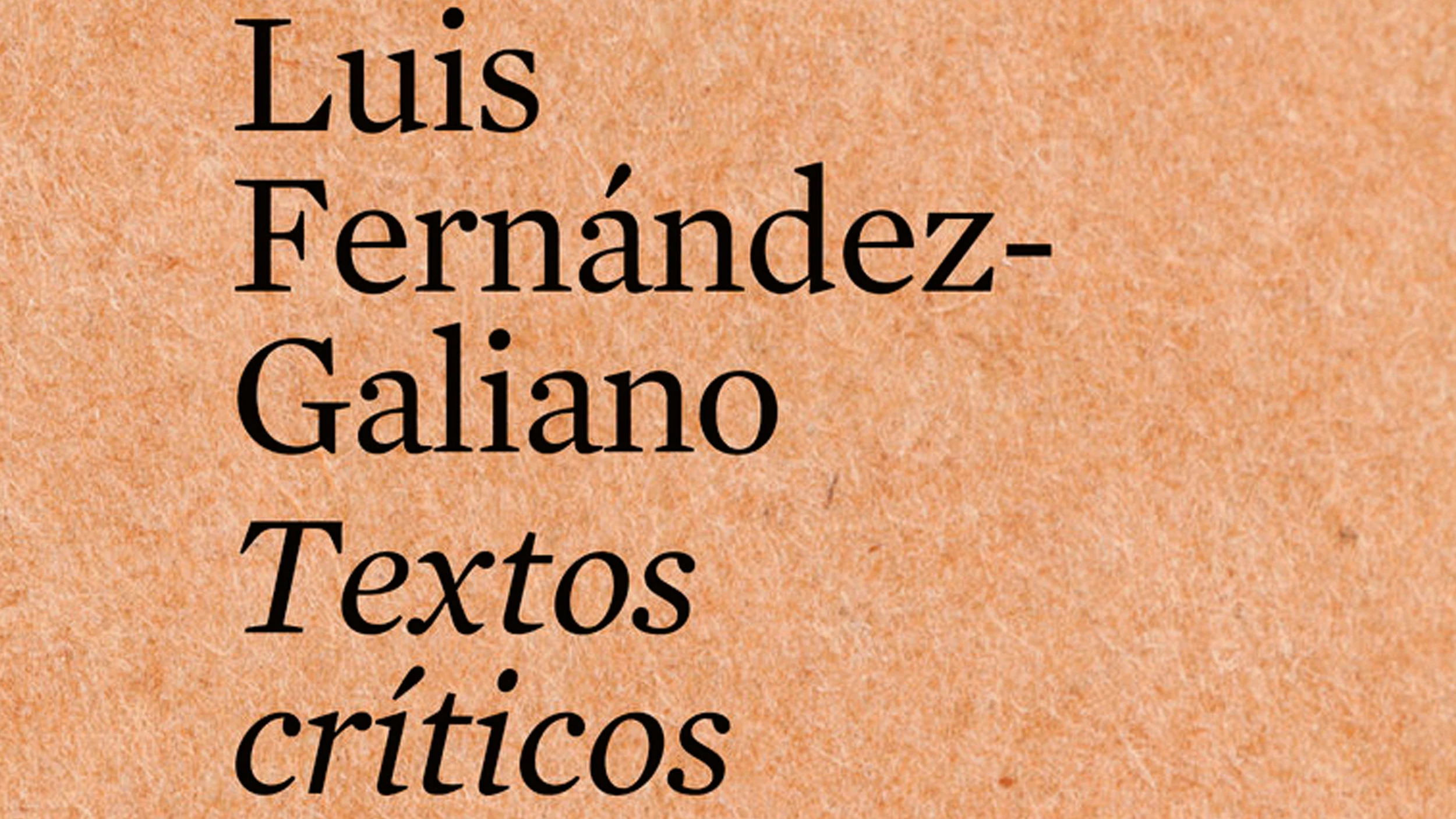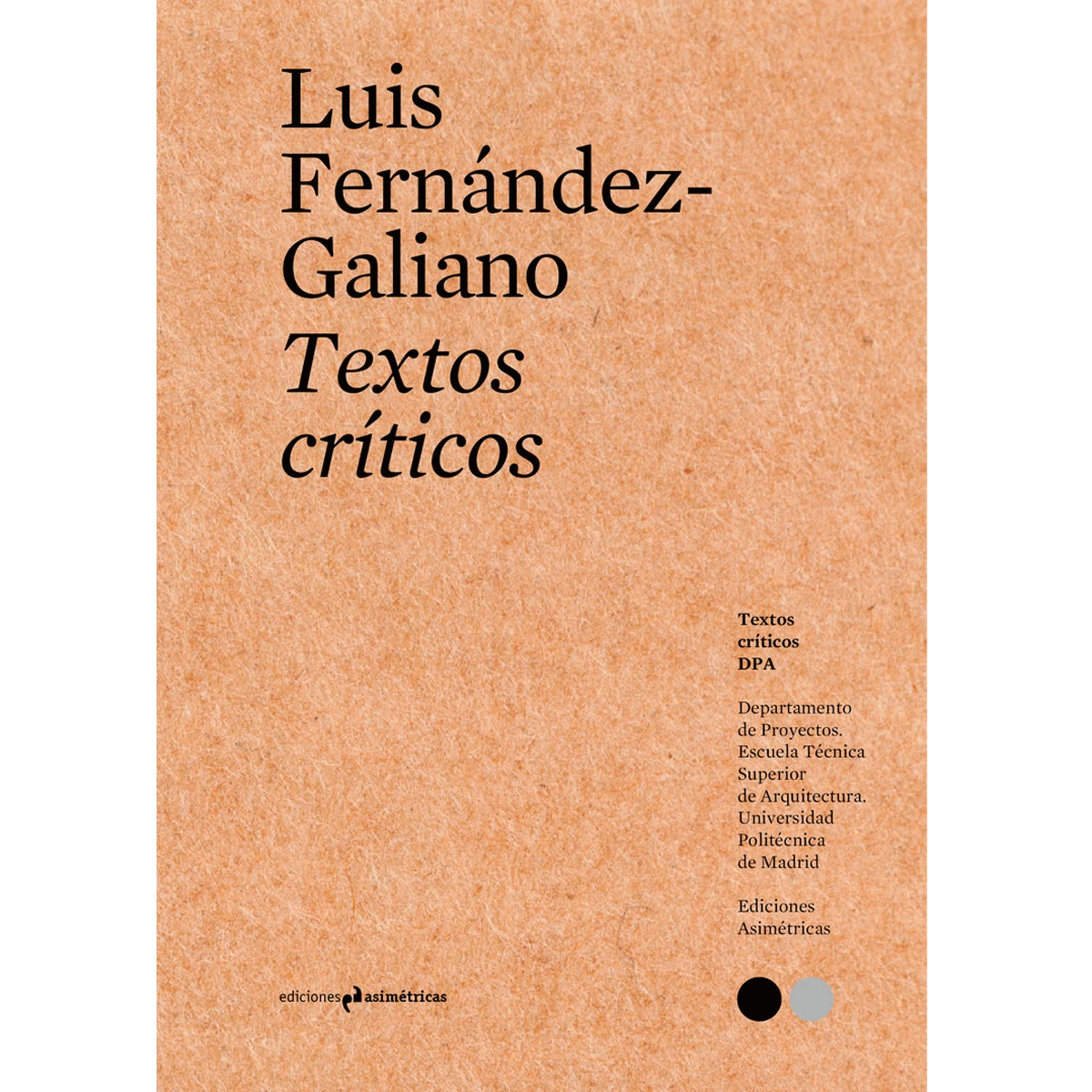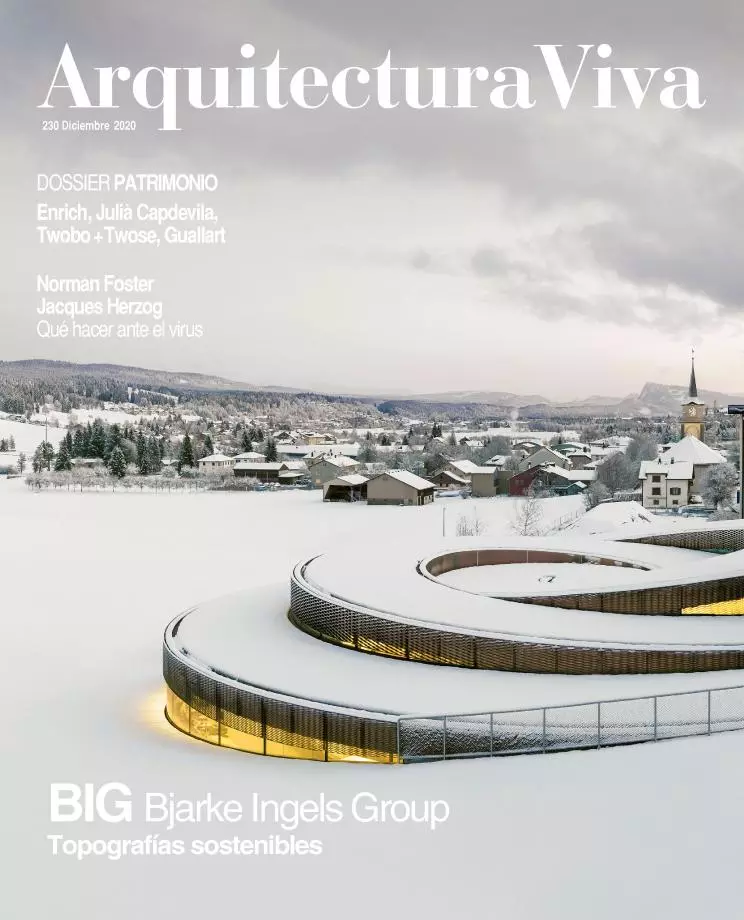
Sometimes criticism twirls around itself, as in going from judging buildings to questioning its tools, even its essence. When this happens, it is through cover-up, on the pretext of a conventional theme, or plain opportunity. The collection of texts that Luis Fernández-Galiano has just published is an example of such surreptitious exercise in reflective criticism, which, under the excuse of discussing certain things, gets into other matters, showing the author’s intellectual muscle.
Luis Fernández-Galiano is Spain’s most brilliant and influential architecture critic of the past 30 years, and his talents as analyst, writer, cultural entrepreneur, and intellectual shine through in 23 writings orchestrated with the rigor and music that is the hallmark of the house. Two groups of articles scan the years of impetus and excess prior to the crash of 2008, then tackle the convulsive times of crisis.
Always with discursive and literary quality, the texts are short essays united by an ecological sensibility that brings them close to current problems like the pandemic and climate change, while binding them to the intellectual genealogy of the author, a pioneer in these subjects thanks to works like Fire and Memory of 30 years ago.
The compositional rigor, precision of judgment, Anglo-Saxon objectivity, Orteguian clarity, copious literary, philosophical, and social references, masterly metaphors, and obsessive penchant for Pythagorean harmonies and alliterations, are traits of Fernández-Galiano’s prose. The texts tackle matters like the shape of our territories and cities, the emptying of the countryside, the bubble-world, the risk society, environmental ideologies, the consolidation of the Anthropocene and birth of the ‘Urbanocene.’ And their provenance is clear: from pieces written for El País to the forewords of Arquitectura Viva.
Maybe out of an urge for stocktaking or a need to give form to a legacy, Fernández-Galiano has since 2019 published his critical writings, almost in full, in two pairs of volumes, Alexandrine Years and Great Expectations, which are a monumental chronicle of architecture in the past 40 years. The much smaller scope of Textos críticos has advantages. One is the purging of texts which may have aged less well, while situating the discourse in pressing debates of today. The other is the autobiographical nature of the book, throwing light not only on what the author has said but also on what he is like intellectually.
Textos críticos is a self-reckoning. He still expounds on some of his key causes, such as the compact city or the need for a new culture of living, but Fernández-Galiano’s ecological commitment now has little to do with the optimism of before; it is borne not out of ideological militancy, but out of a critical distancing which harbors no illusions about the power of the word or of architecture. The same distancing with which the author treats himself in the closing microbiography: a brief lucid trip through the ideological and aesthetic mutations of one who has known to detect the mutations of the interesting times it has been his lot to live.







